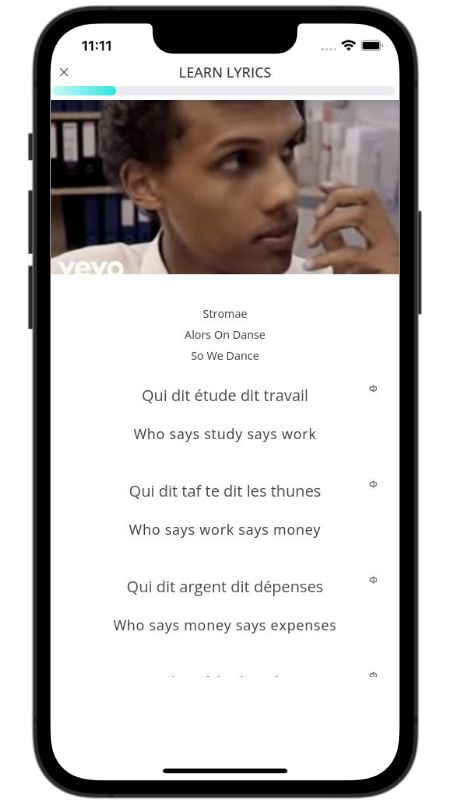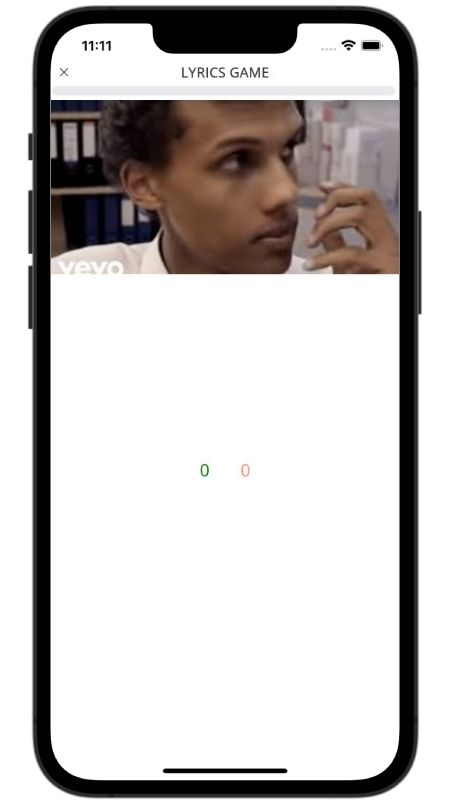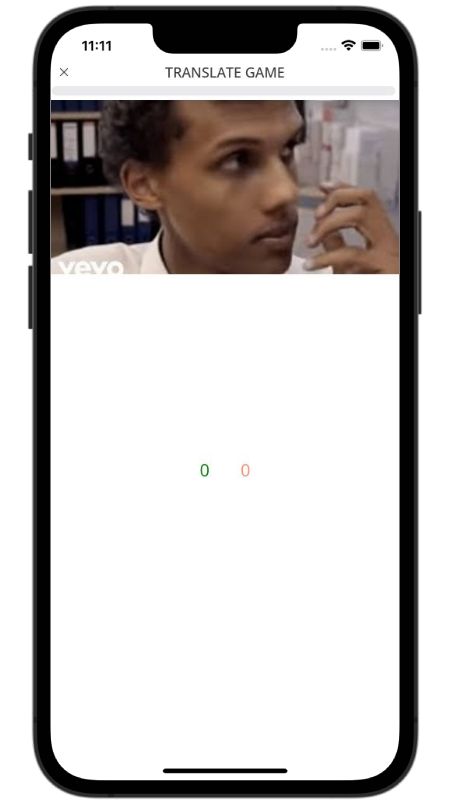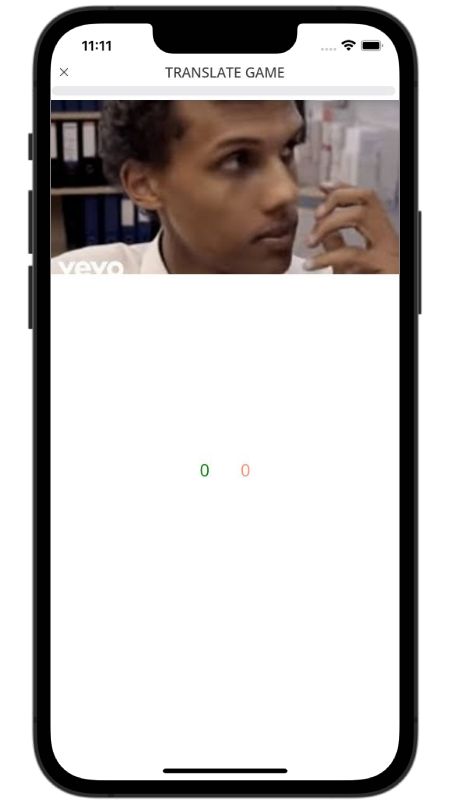La Bohème Lyrics in English Charles Aznavour
Below, I translated the lyrics of the song La Bohème by Charles Aznavour from French to English.
I'm telling you about a time
That kids under twenty
Can't possibly know
Montmartre back then
Hung lilacs
Right under our windows
And if the humble boarding room
That served as our nest
Didn't look like much
That's where we met
Me, who was starving
And you, who posed nude
Bohemia
Bohemia
It meant we're happy
Bohemia
Bohemia
We only ate every other day
In the nearby cafés
There were a few of us
Waiting for glory
And although penniless
With empty stomachs
We never stopped believing
And when some bar
For a good hot meal
Took one of our canvases
We'd recite verses
Huddled around the stove
Forgetting winter
Bohemia
Bohemia
It meant you're pretty
Bohemia
Bohemia
And we all had genius
Often I'd find myself
In front of my easel
Pulling all-nighters
Touching up the drawing
Of the line of a breast
Of the swell of a hip
And only at dawn
Would we finally sit
In front of a café crème
Exhausted but thrilled
How we had to love each other
And love life
Bohemia
Bohemia
It meant we're twenty
Bohemia
Bohemia
And we lived on air alone
When by chance some day
I go take a walk
To my old address
I don't recognize
Either the walls or the streets
That saw my youth
At the top of a staircase
I look for the studio
Of which nothing's left
In its new décor
Montmartre seems sad
And the lilacs are dead
Bohemia
Bohemia
We were young, we were crazy
Bohemia
Bohemia
It doesn't mean anything anymore at all
Lyrics and Translations Licensed & Provided by LyricFind
Lyrics © EDITIONS MUSICALES DJANIK
Did you like this lyrics translation?
Did you know?
In addition to reading lyric translations, you can now learn French with music and lyrics from your favorite artists.
No more boring lessons. You can now learn with engaging and culturally relevant lyrics from the best artists.
Apple and App Store are trademarks of Apple Inc.
Google Play and the Google Play logo are trademarks of Google LLC.
MORE CHARLES AZNAVOUR
iOS AppAndroid AppWeb LessonsFree PDF WorksheetsJoin ClassroomLyrics TranslationBlogAbout UsBuy as GiftLifetime











